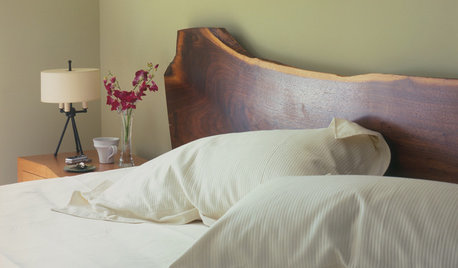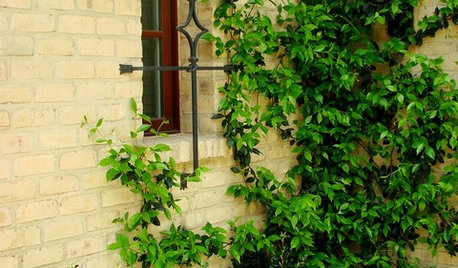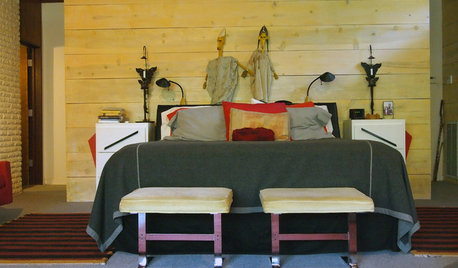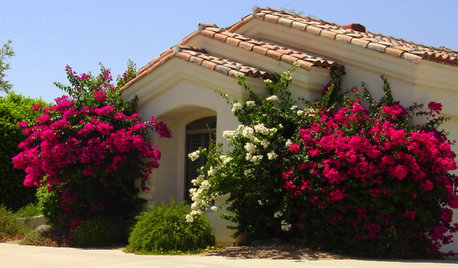Cost of Diabetes Drugs Skyrockets for Americans
oakleif
15 years ago
Related Stories

HEALTHY HOMEWhat You Need to Know About Dust and How to Fight It
Breathe easier with these 10 tips for busting mites, dander and other microscopic undesirables
Full Story
LIFEHow Your Landscaping Can Keep Burglars Away
Prevent home break-ins with strategic landscaping and good practices instead of menacing — and maybe less effective — measures
Full Story
HOUZZ TOURSMy Houzz: African Art and Midcentury Style in a Louisiana Home
Global mementos and classic modern furnishings come together in a couple’s one-of-a-kind home and artist’s studio-residence
Full Story
ARCHITECTUREStyle Divide: How to Treat Additions to Old Homes?
One side says re-create the past; the other wants unabashedly modern. Weigh in on additions style here
Full Story
PETSPet-Proofing Your Home: A Room-by-Room Guide
Not all pet dangers are obvious. Keep furry friends safe and sound by handling all of these potential hazards
Full Story
LANDSCAPE DESIGNGreat Design Plant: Sun-Loving Bougainvillea Showers Yards With Color
Bring unbeatable vibrancy to a garden or wall with this unfussy and trainable shrub packed with colorful bracts
Full StoryMore Discussions






brendan_of_bonsai
oakleifOriginal Author
Related Professionals
Windham Landscape Architects & Landscape Designers · Rossville Landscape Architects & Landscape Designers · Anderson Landscape Contractors · Aurora Landscape Contractors · Flagstaff Landscape Contractors · Panama City Beach Landscape Contractors · Watertown Landscape Contractors · Wells Landscape Contractors · Winter Gardens Landscape Contractors · Sun Valley Landscape Contractors · Annapolis Carpenters · Livingston Carpenters · Marietta Roofing & Gutters · East Norriton Roofing & Gutters · Norridge Roofing & Guttersbrendan_of_bonsai
Daisyduckworth
brendan_of_bonsai
rusty_blackhaw
Daisyduckworth
rusty_blackhaw
rusty_blackhaw